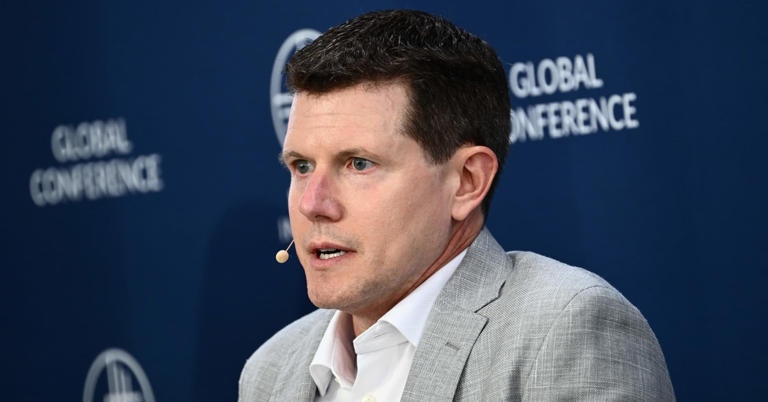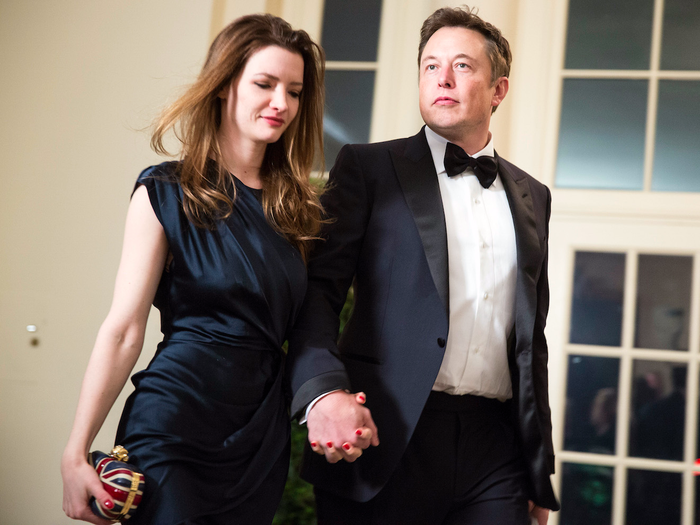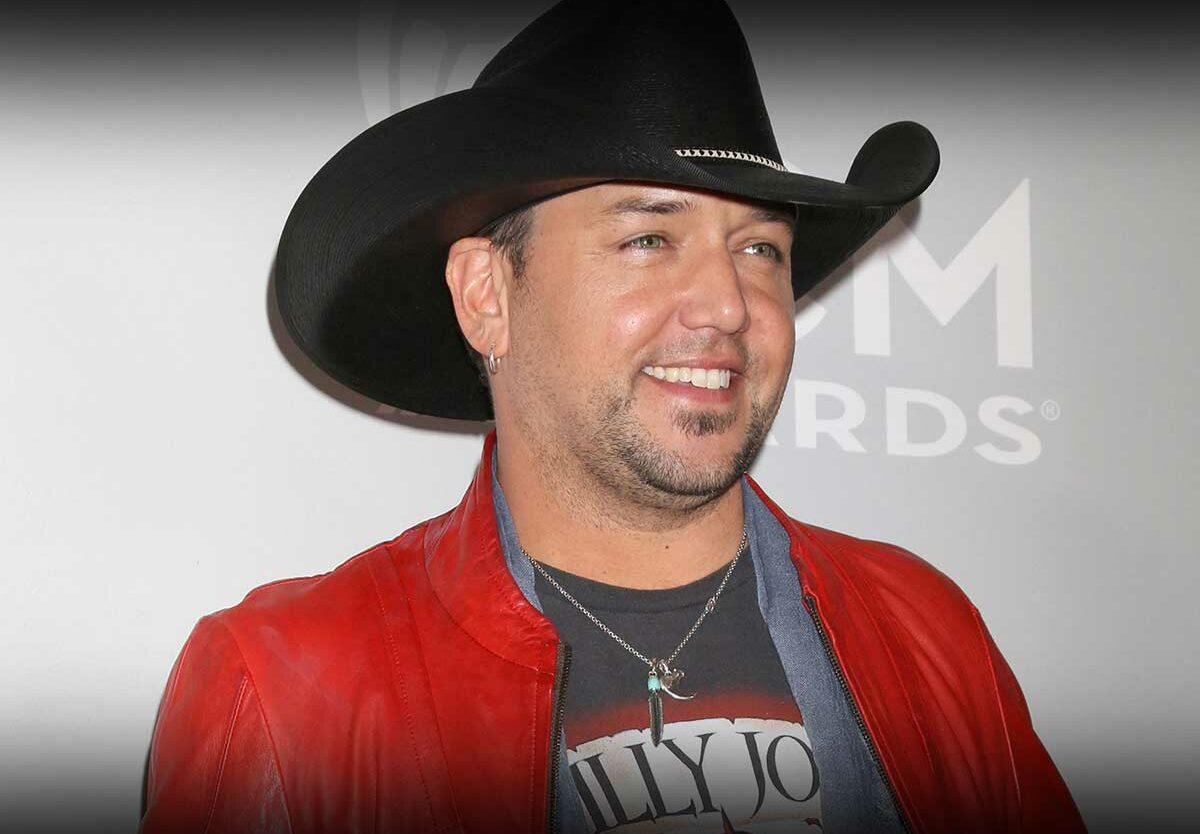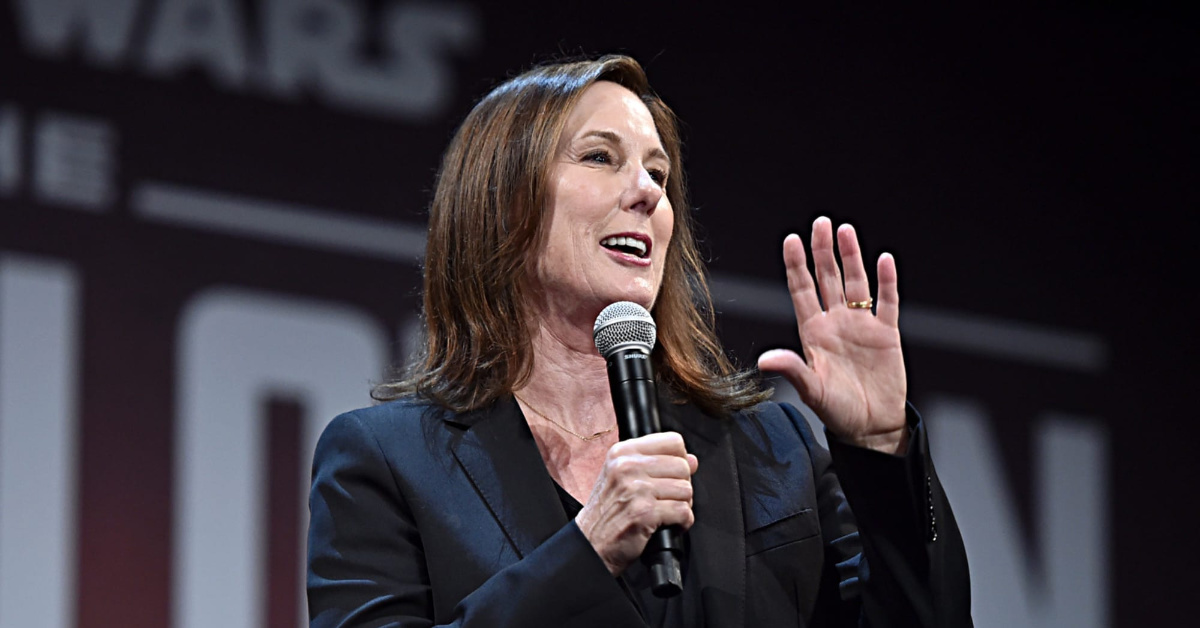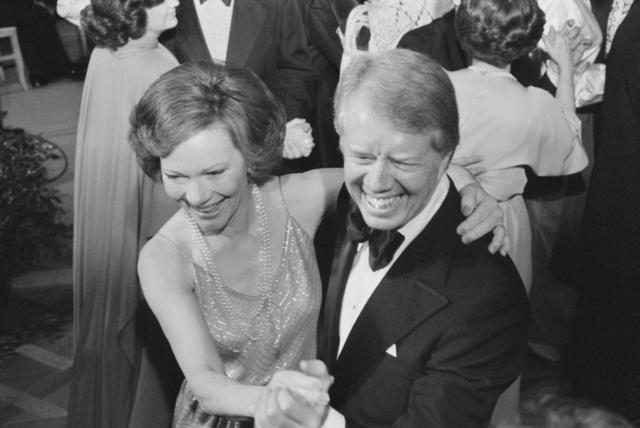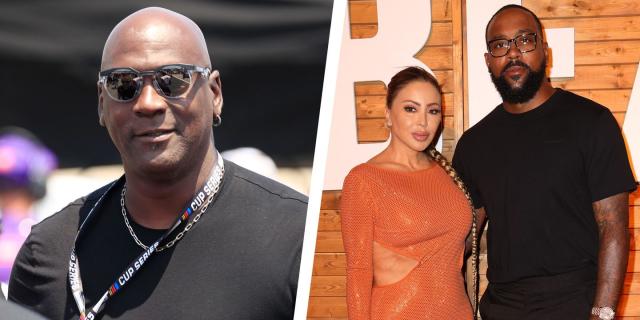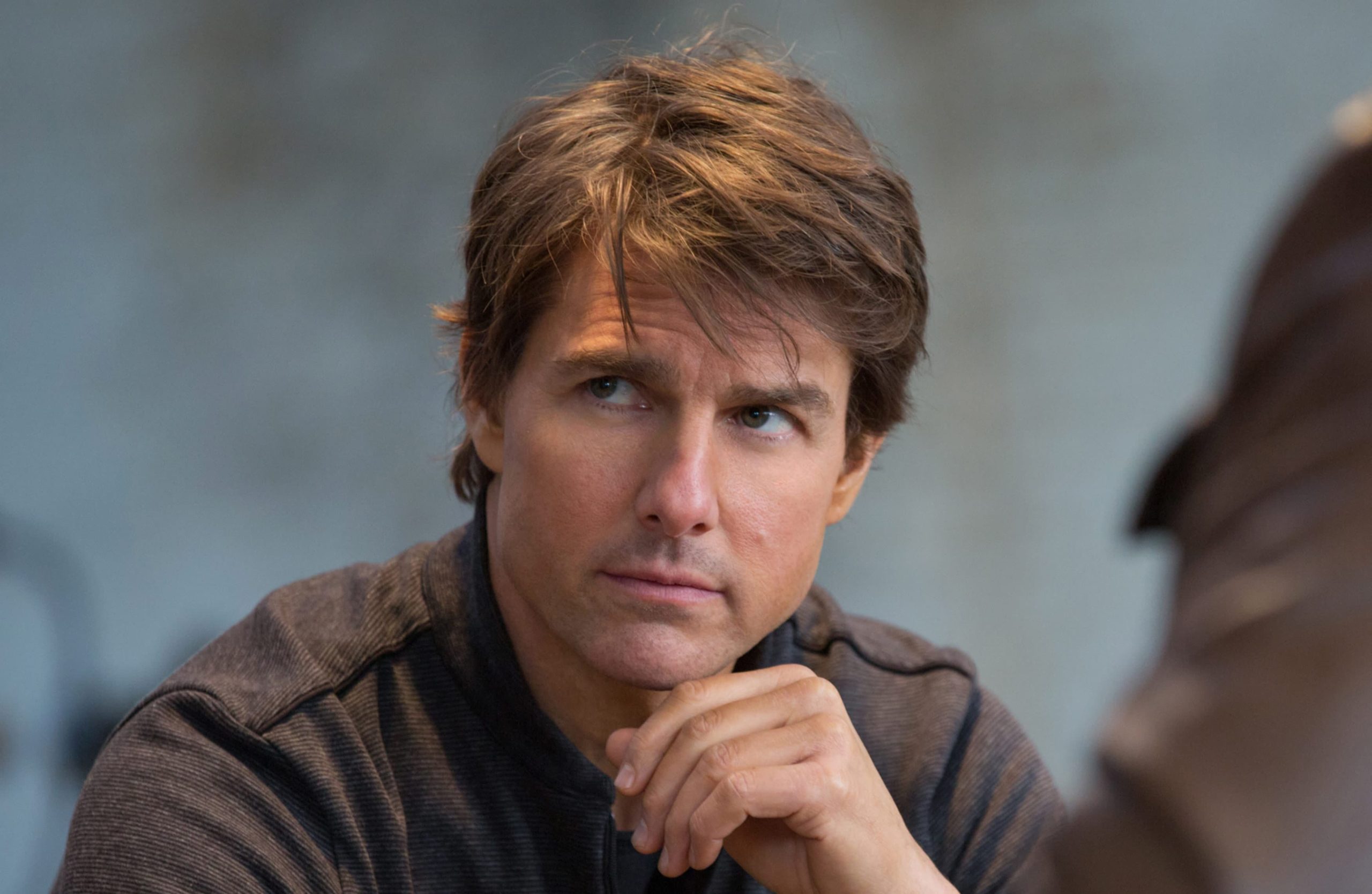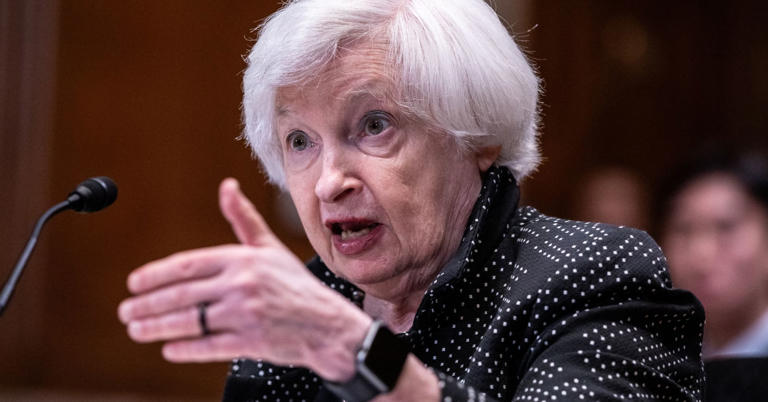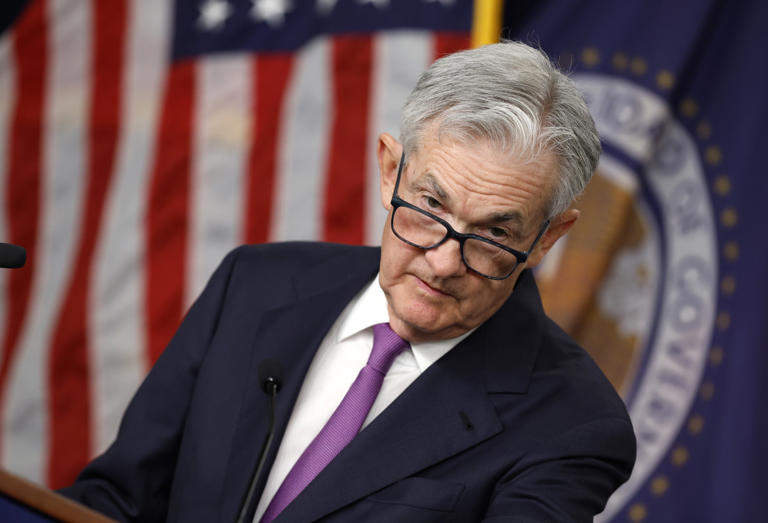Jason Buechel, CEO of Whole Foods, places a profound emphasis on problem-solving skills when assessing potential hires and collaborators. For him, the ability to effectively address challenges is not just a professional asset but a core trait that drives innovation and operational excellence within Whole Foods.
Buechel’s affinity for problem solvers stems from his own passion for tackling complex issues that impact the organization, its stakeholders, and team members. He values individuals who exhibit a proactive approach to problem-solving, leveraging their skills to drive positive outcomes and enhance organizational efficiency. This mindset aligns with Buechel’s belief that effective problem-solving is pivotal in overcoming obstacles and seizing opportunities in today’s dynamic business environment.
Within Whole Foods, Buechel fosters a culture where problem-solving is not confined to individual efforts but thrives through collaboration and collective brainstorming. He champions group seminars and professional development sessions as fertile grounds for cross-functional teams to come together, share insights, and devise innovative solutions to challenges spanning different parts of the company. This collaborative approach not only enriches decision-making but also cultivates a sense of ownership and collective responsibility among team members.
A key methodology that Buechel advocates for is design thinking—a structured framework that encourages creative problem-solving. This approach involves several iterative steps: identifying the problem and its stakeholders, brainstorming a multitude of solutions, refining ideas to focus on the most feasible ones, and implementing solutions while gathering feedback for continuous improvement. By applying design thinking principles, teams at Whole Foods are encouraged to explore unconventional solutions and discover insights that traditional problem-solving methods may overlook.
Drawing from insights shared by Harvard Business School Online, Buechel emphasizes that design thinking not only sparks innovation but also fosters a deeper understanding of customer needs and market dynamics. This approach enables Whole Foods to adapt quickly to changing consumer preferences and industry trends, positioning the company for sustained growth and competitive advantage.
Buechel also recognizes the role of environment and mindset in nurturing creativity and effective problem-solving. He echoes advice from Deborah Golden, advocating for practices that refresh the mind and stimulate new perspectives. Whether through walking meetings, incorporating physical exercises into brainstorming sessions, or encouraging brief breaks from traditional work settings, these practices help replenish cognitive resources and inspire breakthrough ideas among team members.
In his leadership role, Buechel’s commitment to cultivating a problem-solving culture at Whole Foods underscores its importance in driving innovation and organizational resilience. By empowering individuals to embrace challenges and collaborate on innovative solutions, Buechel aims to foster an environment where creativity thrives, enabling Whole Foods to deliver exceptional value to its customers and stakeholders alike.

